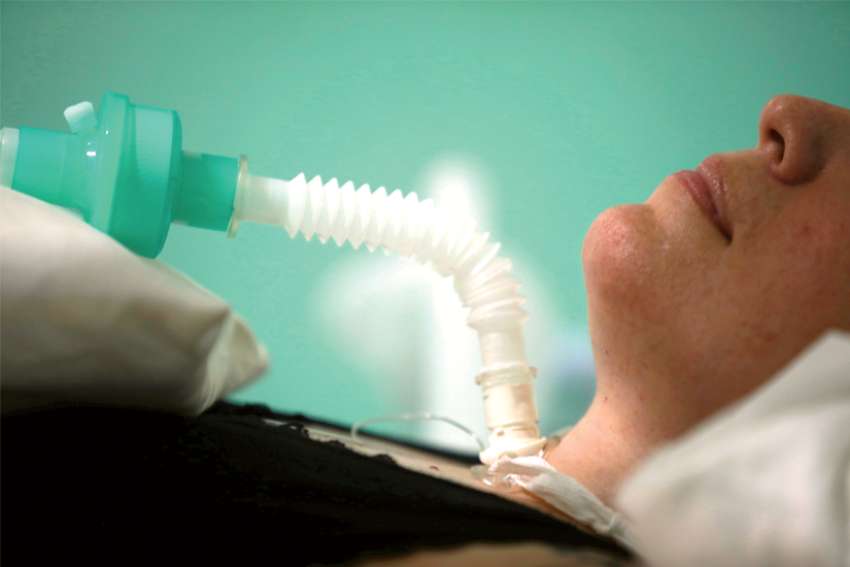At the festival celebrating Jagannātha, enormous carts bearing images of the gods would roll through the streets. In the 13th century, the missionary Odoric of Pordenone described devotees throwing themselves under the wagons and being crushed to death in acts of sacrifice. The image of a relentless, Oh Fortuna, vehicle that leaves both awe and destruction in its wake is an apt one.
Last spring, the federal government passed Bill C-7, an amendment to the 2016 medical aid in dying legislation. The new law removed the requirement that a person’s death needed to be “reasonably foreseeable” to be eligible for MAiD. It also allowed for the mentally ill to access assisted suicide. That last provision is due to become applicable in 2023.
When C-7 was passed, the Canadian bishops issued a statement that encouraged the faithful to remain hopeful and to focus their efforts on the support and provision of palliative care. The pastoral message also underlined the importance of conscience rights for health-care workers.
Two weeks ago, the Quebec government tabled its own legislation, Bill 38, that will amend the current provincial end-of-life care act. In addition to complying with the federal Bill C-7, it has added a measure that lifts the 2015 clause for conscience protection for hospices. In other words, hospices may not exclude MAiD from the “care” they offer.
Bill 38 also provides for advance directives for MAiD for those who have lost capacity for decision-making and allows that nurse practitioners may administer MAiD. Minister of Health and Social Services Christian Dubé has indicated he would like to see the bill passed before the National Assembly’s summer recess. In his haste, he removed a section of the bill that would have allowed quadriplegics and people with cerebral palsy to receive MAiD, knowing that it would be controversial.
It is hard to believe, given the current context, that anything they bring forward would be considered controversial. Struggling with crippling depression and anxiety? MAiD! Cannot access suitable public housing? MAiD! In any case, in Quebec at least, the two life buoys of hospice care and conscience rights will almost certainly be torpedoed in a little under a month.
In her book, Death Talk, Margaret Somerville, professor of Bioethics at University of Notre Dame Australia and previously a professor of law at McGill University, asserted that the conversation around euthanasia had been muddied by confusion around semantics and legal and ethical categories. She insisted upon a clear definition of euthanasia and offered up the following: “physicians giving lethal injections to competent, suffering, terminally ill people who request and consent to it.” The only part of the definition that still applies to the Canadian context seems to be “lethal injections.” A juggernaut indeed, especially when you consider that all of this has come about in under seven years.
The outcome of the dizzying haste and ever-changing definitions and boundaries is that our own consciences can become clouded and confused. St. John Paul II presciently wrote of this aspect of the “culture of death” in the encyclical Evangelium Vitae: “grave and disturbing is the fact that conscience itself, darkened as it were by such widespread conditioning, is finding it increasingly difficult to distinguish between good and evil, in what concerns the basic value of human life.”
It is dark, the hour is late, and most of us are bumping around in an ignorant fog as we have been largely shielded from the rank evil of these various webs of legislation. It is indeed past time for Canadian Catholics to heed the last words of the bishop’s letter, “to become informed, to renew our involvement wherever we live,” and “above all, we need to pray earnestly.”
(Farrow is a writer in Montreal.)


